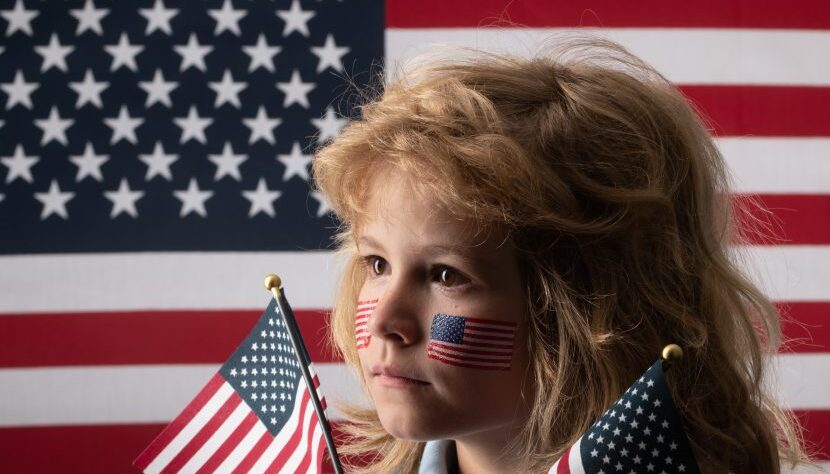The United Nations General Assembly adopted the United Nations Charter for the Rights of the Child in 1989. It has been ratified by every country except for the United States of America, Somalia and South Sudan. There are several reasons why the US has not signed the UN Charter for the Rights of the Child.
One of the main reasons is that the US has a strong tradition of protecting individual rights and freedoms, and some policymakers believe that the UN Charter infringes on parental rights and undermines the sovereignty of the United States. They argue that the Charter’s provisions could interfere with the ability of parents to raise their children according to their values and beliefs. Furthermore, some policymakers are concerned that the Charter could be used to justify government intervention in family matters, which they see as a potential threat to individual freedom.
Another reason why the US has not ratified the Charter is that it conflicts with some of the country’s existing laws and policies. For example, the US Constitution guarantees freedom of speech and religion, which some policymakers see as incompatible with specific provisions of the Charter. Additionally, the US has a federal system of government, which means that states have significant autonomy in matters related to family law and child welfare. Some policymakers believe the Charter could interfere with this system and undermine state sovereignty.
There is also a concern that ratifying the Charter could lead to legal challenges and lawsuits, burdening the US legal system. The US already has a complex web of federal and state laws related to child welfare, and some policymakers worry that the Charter could create confusion and conflict with existing laws.
Finally, some policymakers argue that the US is already doing enough to protect children’s rights and that ratifying the Charter is unnecessary. They point out that the US has ratified other international treaties related to children’s rights, such as the Convention on the Rights of Persons with Disabilities and the International Covenant on Civil and Political Rights.
The US has not ratified the UN Charter for the Rights of the Child due to concerns over parental rights, conflicting laws and policies, potential legal challenges, and the belief that the US is already doing enough to protect children’s rights. While these concerns are valid, it is important to recognise that the Charter provides a framework for safeguarding and promoting children’s rights worldwide, and ratifying it would send a strong message about the US’s commitment to this cause.
The United States has taken steps to protect children’s rights through various domestic laws and policies, wich in clued the Child Abuse Prevention and Treatment Act, the Individuals with Disabilities Education Act, and the Adoption and Safe Families Act. However, some argue that ratifying the UN Charter for the Rights of the Child would provide an additional layer of protection and would demonstrate the US’s commitment to international human rights standards.
Furthermore, international human rights organisations and other countries have criticised the US’s failure to ratify the Charter. Critics argue that the US’s stance undermines the global effort to protect and promote children’s rights and sends a message that the US does not value human rights as much as other countries.
It is worth noting that the US did participate in drafting the Charter and was involved in negotiations leading up to its adoption. However, the US ultimately decided not to sign the Charter and has not indicated any intention to do so in the future.
In recent years, there have been calls for the US to ratify the Charter, particularly in light of concerns over the treatment of migrant children at the US-Mexico border. The Charter’s provisions on the right to family life, protection from violence and exploitation, and access to education and healthcare could be particularly relevant in this context.
While the US has taken steps to protect children’s rights domestically, its failure to ratify the UN Charter for the Rights of the Child has been criticised by some as a failure to uphold international human rights standards. Ratifying the Charter could provide additional protection for children’s rights and send a message of commitment to human rights.


